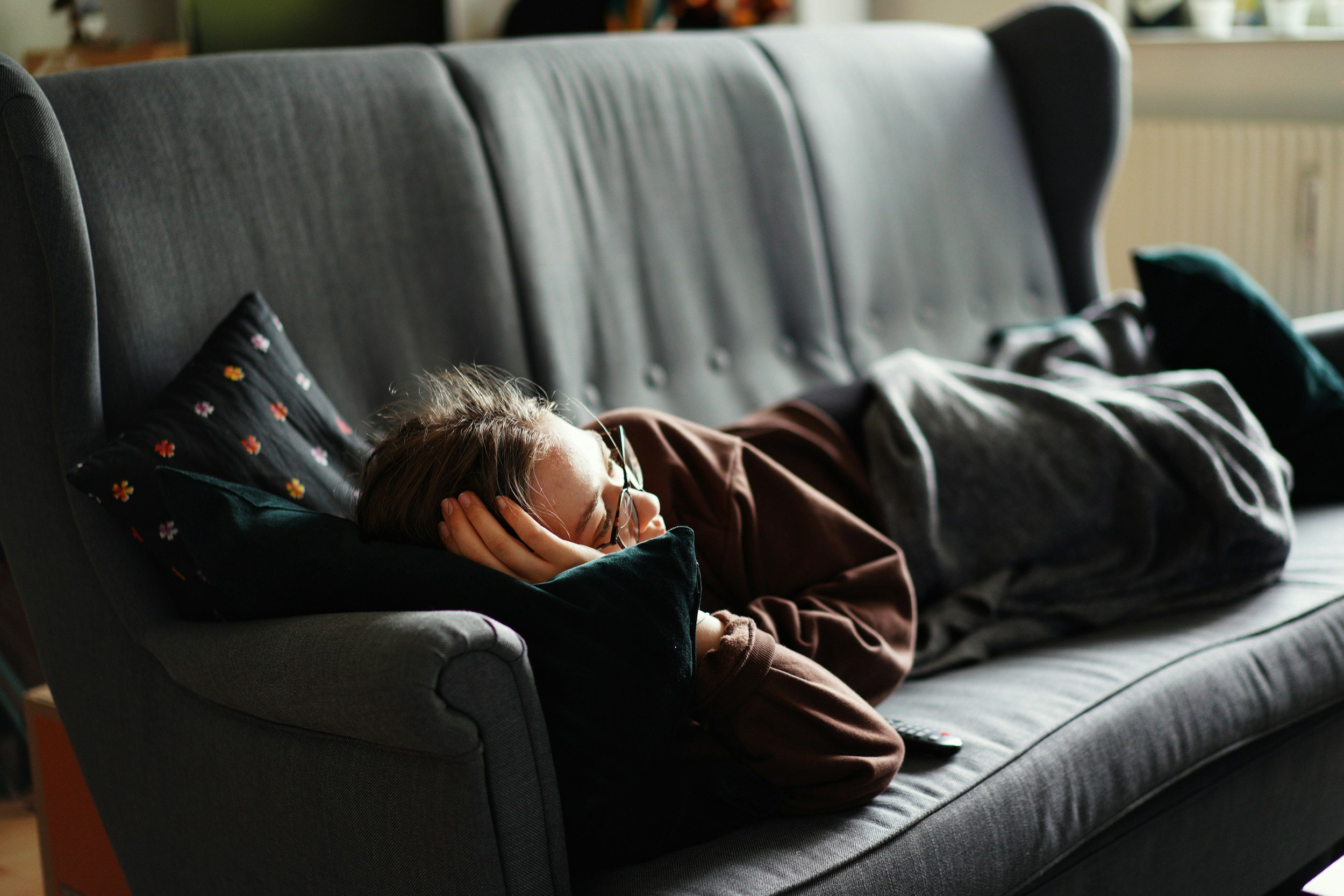
Specialties:
Depression
Online Depression Treatment in Maryland
If you’ve felt a heaviness that won’t lift, a loss of interest in things that used to matter, or a constant fog that makes even small tasks feel impossible, you know how isolating depression can be. It can show up as low energy, irritability, or difficulty concentrating. You might feel disconnected from yourself or the people around you, like you are moving through life on autopilot.
Depression often creates a cycle that is hard to break. You may notice yourself withdrawing, doubting your worth, or struggling to find motivation even for things you care about. It can feel like you are trapped in patterns you don’t know how to escape.
Support can help you find your way out of that cycle. Together, we explore the thoughts, habits, and emotional patterns that feed depression. We help you reconnect with what matters, build manageable steps toward change, and learn to respond to life instead of being overwhelmed by it.
FAQ’s About Depression
What is depression?
Depression is more than feeling sad or having a “bad day.” It shows up when your mood, energy, and motivation are consistently low, making everyday life feel heavy or exhausting. You might notice a lack of interest in things you usually enjoy, trouble concentrating, changes in sleep or appetite, or a sense of hopelessness that seems to linger. Depression becomes a concern when it lasts for weeks or months, interferes with daily life, or makes even small tasks feel overwhelming.
How does depression feel In real life?
Depression shows up differently for everyone. It can feel like:
Physical changes
Fatigue that rest doesn’t fix. Slower movements or speech. Headaches, stomachaches, or body aches with no clear cause.
Emotional pressure
Feeling empty, numb, or constantly down. Irritability or frustration that surprises you. A sense that nothing will ever get better.
Mental overload
Difficulty focusing or remembering things. Thoughts that spiral toward self-criticism. Feeling stuck in a loop of hopelessness or guilt.
Everyday patterns
Avoiding friends or activities you used to enjoy. Procrastinating or struggling to start tasks. Staying in bed or isolating because it feels too hard to face the day.
If any of these feel familiar, you are not alone. Depression is common and treatable. Your experience is a signal that your system needs support, not a sign of weakness.
Why does depression happen?
Depression often develops from a combination of stress, life events, past experiences, and brain chemistry. When your mood, thoughts, and energy stay low, it can be hard to see things clearly or take action. Understanding why it happens helps you respond with compassion instead of blame.
How is depression treated?
In therapy, we work with both your mind and body to help you regain energy, motivation, and clarity. Here is how we approach it:
Building awareness
Recognizing your personal patterns and early signs so you can understand what is happening instead of feeling stuck.
Regulating your nervous system
Skills to help your body feel calmer and your energy more balanced.
Strengthening thought patterns
Working with negative thoughts without dismissing them. We slowly shift them toward more balanced perspectives.
Re-engaging in life
Finding small, achievable ways to reconnect with activities, people, and goals that matter to you.
Addressing root causes
Exploring stress, past experiences, and internal rules that may be driving low mood.
The goal is to help you feel steadier, more energized, and more in control. Depression does not have to control your life. With support, relief is possible.
If you are ready, therapy gives you a safe space to understand yourself, rebuild motivation, and move toward a more meaningful, connected life.


